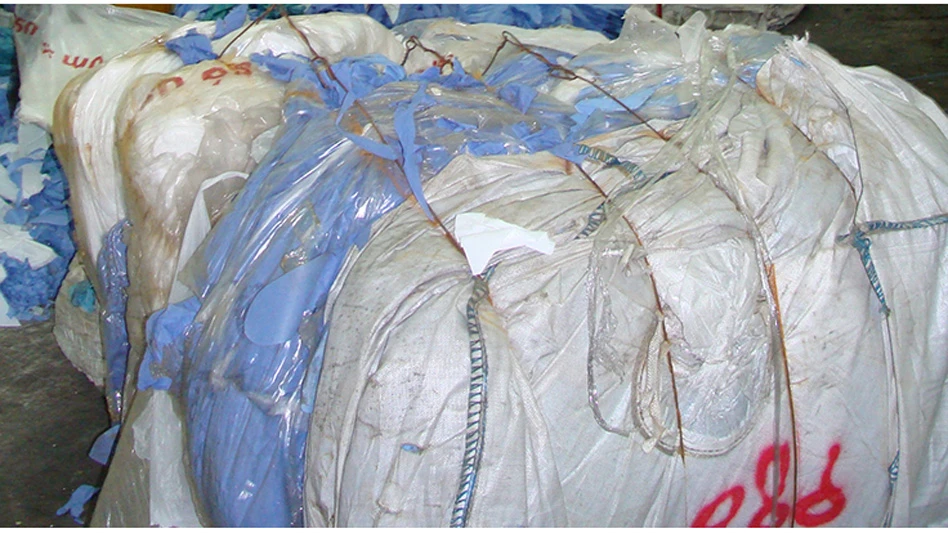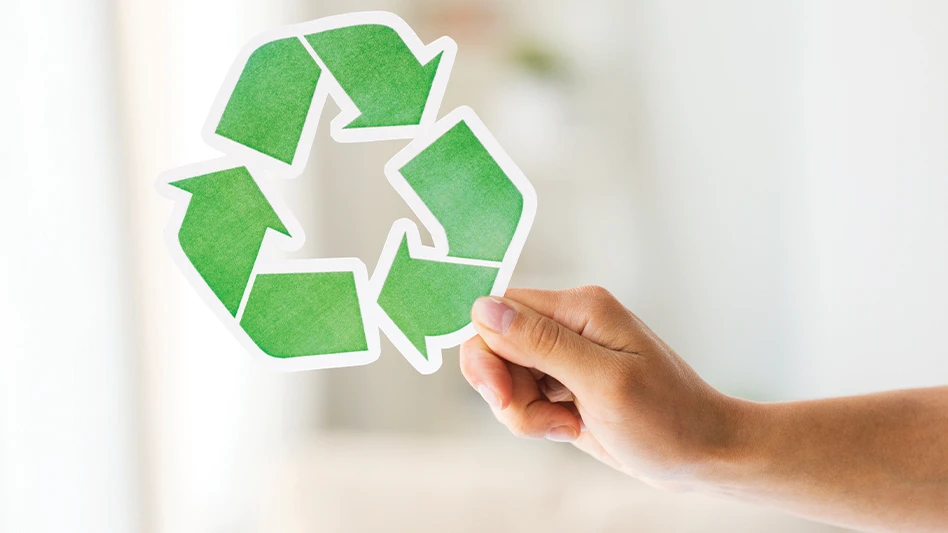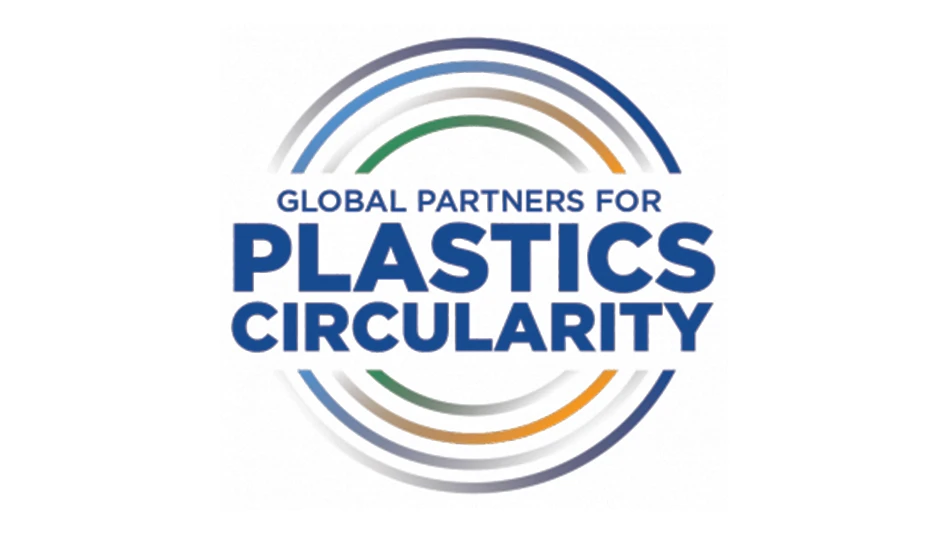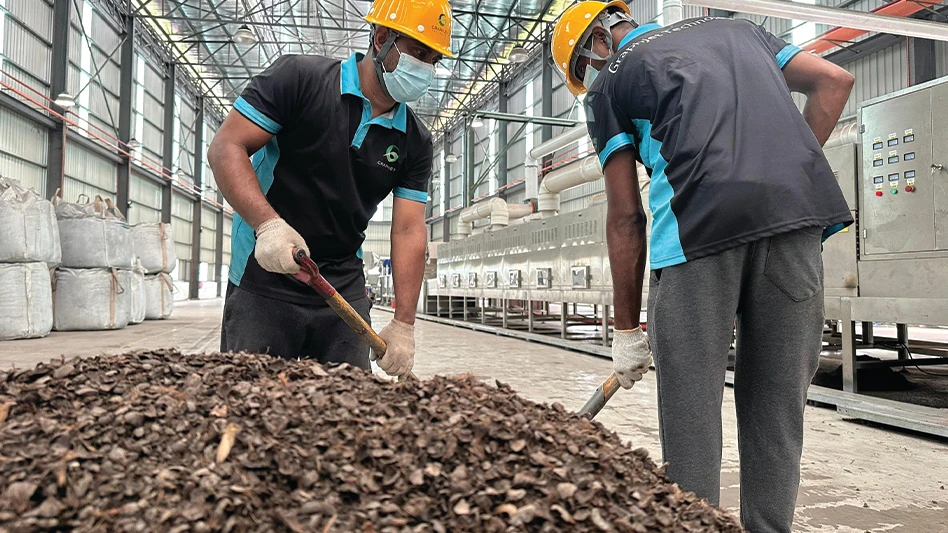
Recycling Today archives
The Paris-based Organization for Economic Cooperation and Development (OECD), a policy forum with members that consist of more than 35 nations with some of the world’s most developed economies, has issued a 132-page report offering recommendations on how plastic pollution can be eliminated by 2040.
“By implementing a mix of policies – from enhancing plastic waste management and recycling, to curbing plastic use and waste – countries can achieve significant environmental benefits and economic savings compared to less balanced strategies,” the OECD says.
The organization says comprehensive global policies “addressing the entire plastics life cycle can reduce plastic leakage into the environment by 96 percent by 2040.”
The OECD research finds that plastic production likely will increase in the near future, predicting that “without stronger policies, plastics production and use are projected to increase by 70 percent, from 435 million metric tons (MMT) in 2020 to 736 MMT in 2040, with only 6 percent of plastics coming from recycled sources.”
The new report recommends substituting for plastic in some cases and increasing reuse in others but also bolstering attention to design-for-recycling (DFR) and investments in the collection of plastic for recycling and reprocessing into recycled-content resins.
OECD Environment Director Jo Tyndall says, “This approach not only improves waste collection, treatment and recycling, but also reduces plastic production and demand, and promotes circular design.”
The OECD adds, “If plastic waste is better managed but without dedicated policies to reduce waste volumes, the costs of doing so will significantly increase, making it progressively more difficult for countries to eliminate plastic leakage. Similarly, policy packages with partial geographical coverage or with limited stringency would also fail to reduce plastics use, waste and leakage below 2020 levels.”
To support what it calls “a whole-of-life cycle approach,” the OECD report calls for policies such as plastic and packaging taxes, eco-design criteria and product standards, bans on selected single-use plastics and extended producer responsibility (EPR) systems for packaging and products that could “encourage a more sustainable plastics economy.”
The group continues, “To eliminate mismanaged waste, improvements are needed in waste collection, sorting and recycling systems. This includes additional investments in innovation to improve recycling yields and quality. Fast-growing countries with less advanced waste management systems will need to make the greatest changes. Such countries can consider integrating the informal sector in waste systems, leveraging EPR schemes and establishing waste collection targets.”
The full 132-page OECD report, titled “Policy Scenarios for Eliminating Plastic Pollution by 2040,” and an executive summary can be viewed via the organization’s website.
Latest from Recycling Today
- Speira commissions new furnace in Germany
- ABB report portrays paper sector circularity, emissions reduction
- RMDAS and Davis Index numbers portray stalled ferrous market
- Attero adds NGO veteran to its board
- AMCS launches the AMCS Platform Winter 2024
- Cirba Solutions celebrates construction milestone at Ohio plant
- Study outlines plan to transition US plastic packaging, textiles to circular systems by 2040
- WM releases 2024 recycling report





